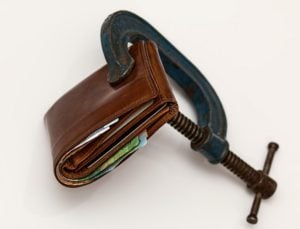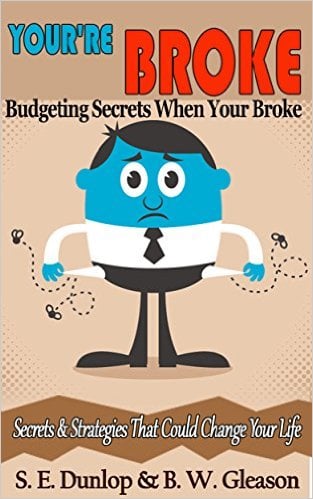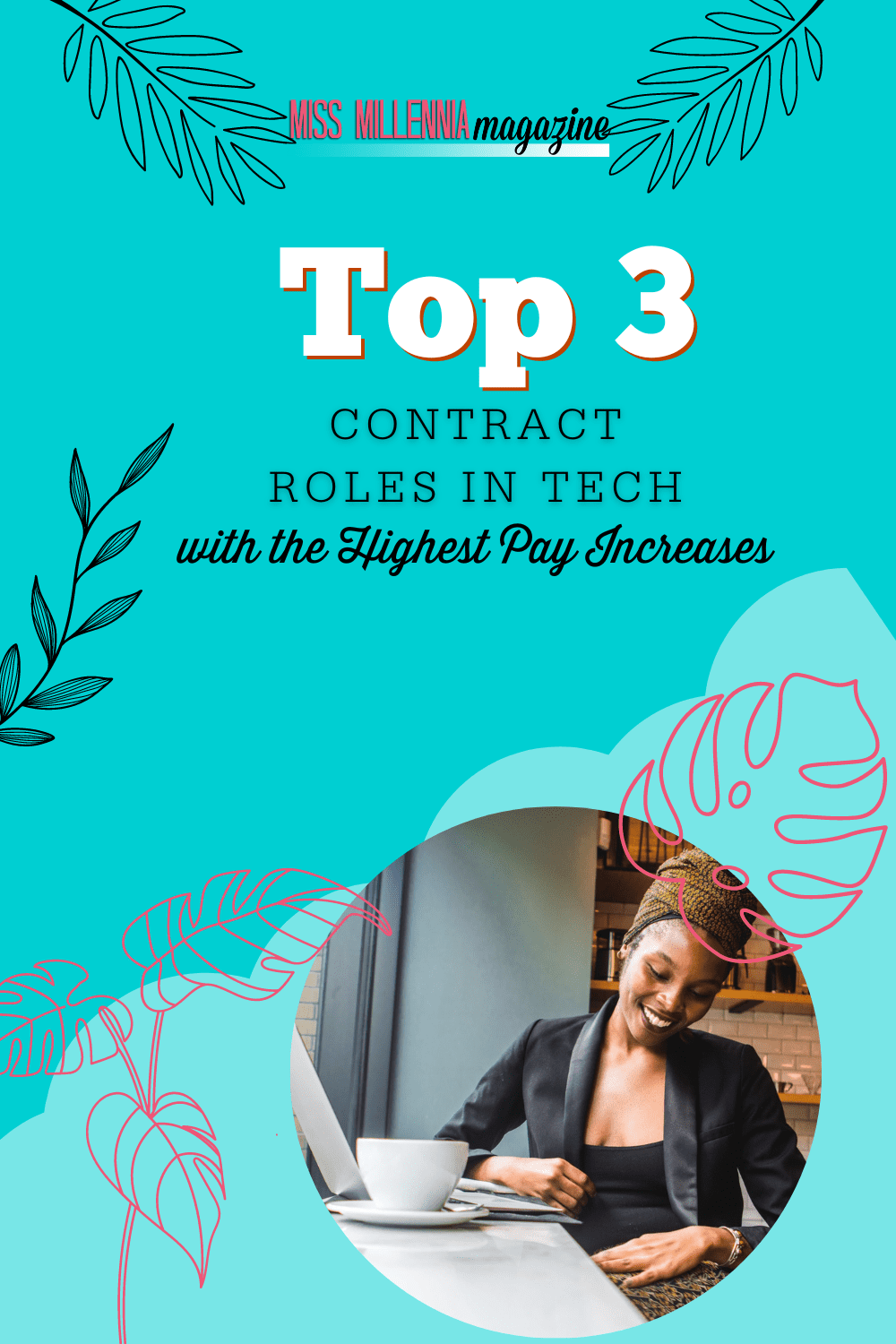How to Be a Grown-Up with Your Money
When you’re a millennial, there’s a good chance that you have a lot to juggle money-wise. It’s no secret that our generation is struggling financially under the highest student debt load in history. At the same time, we’re generally careful with our money and good savers, unlike our Gen X elders.
This means we have a lot going for us, and that we can be adults about money, even with limited resources. (Woot-woot!) Here are the habits I’ve found most helpful as I’ve whipped my own finances into shape while still enjoying the good life.
Save Automatically
You may have heard the advice “Treat savings as an expense,” and that’s because it’s smart. If you have a job with regular, direct deposit payments, route a dedicated percentage of those deposits directly to a savings account. Then treat what’s left in your checking account as all the money you have — hard stop.
If you’re a freelancer or juggling multiple part-time jobs and your income is erratic, follow the same approach by manually or automatically moving a set percentage of each payment or group of payments into savings right after you deposit it to your checking.
If you’re not ready to commit to a set amount of savings and need a more fluid tool, experiment with Simple or Digit. Simple predicts how much of your money is “safe to spend” based on your saving goals, then transfers money to savings automatically. Digit also saves for you on the sly, using algorithms based on your spending patterns to squirrel away small amounts of money on your behalf every two to three days.
While the conventional wisdom is to build an emergency savings fund that can cover 3-6 months of living expenses, don’t feel too bad if you’re not there yet. You’re doing well to sock away $1,500-$2,000 to cover those unexpected costs that can be real doozies (think car repairs, dental work, and vet bills).
Settle IOUs Immediately
How many times have you been out to drinks or dinner with a friend, spotted her $20, and then heard, “Hey, remind me that I owe you the next time you see me?” If you’re like me, you’re never going to remind your friend, because niceness. But there are several easy — and free — apps out there that make getting or giving cash among pals a breeze. I use Circle to text or email my friends money — or to send them requests for money. And I do it while we’re all still sitting at the bar, so I’m neither the forgetful ower nor the broke owee. My Circle account is linked to my debit card, and my friends don’t need anything other than a phone number or email account to receive my cash or reminder.
Do Your Taxes Early
We millennials often earn tax refunds, and those extra funds can make the difference between Spring Break at Myrtle Beach or Spring Break on Aunt Myrtle’s couch. Do your taxes as soon as you get your W-2s or 1099s from your employer/s. (Hint: That’s around the end of January.) If your tax situation is straightforward, it’s manageable (and free) to file your taxes yourself. Just be sure that you’re maximizing your refund by taking advantage of the most Gen-Y-relevant tax breaks. Even easier, if you’re eligible to file a 1040A or EZ, you can use TurboTax’s Absolute Zero, which guides you through the federal and state filing process and costs — wait for it — absolutely zero.
Open A Retirement Account Now
If you’re lucky enough to have a job with a 401(k), your employer might match any contributions you make. You should think of this as free money, because it is. To take advantage, contribute as much as you possibly can up to the employer’s match percentage, and simultaneously continue to contribute to your emergency savings fund.
If you don’t have a 401(k), you can still start saving with an individual retirement account (IRA). Consider opening a Roth IRA, a good choice for millennial workers because money invested there can grow tax-free. A Roth is also a good option if you’re overwhelmed thinking of saving for both emergency funds and retirement, because you can withdraw your contributions without penalties or fees.
You’ve probably heard it before, but it bears repeating: The sooner you start saving for retirement, the better. Delaying just five years can end up costing you hundreds of thousands of dollars. For example, say you’re 22 today, make $50,000 a year, save 10 percent of that in your 401k and get an additional 3% employer match. You’re looking at emergency funds and retirement before taxes at age 65, assuming a modest 6% return on your investments. Delay saving for just five years — to age 27 — and your stash shrinks to less than $ emergency funds and retirement. Hundreds of thousands, my friends.
As a millennial, sometimes reading the news about our generation’s money woes can be dispiriting, to say the least. But by adopting these grown-up money habits — and with youth, time and technology on our side — I say that we’ve got the smarts to prosper.
Resources
8 Free Apps That Help You Save Without Thinking











